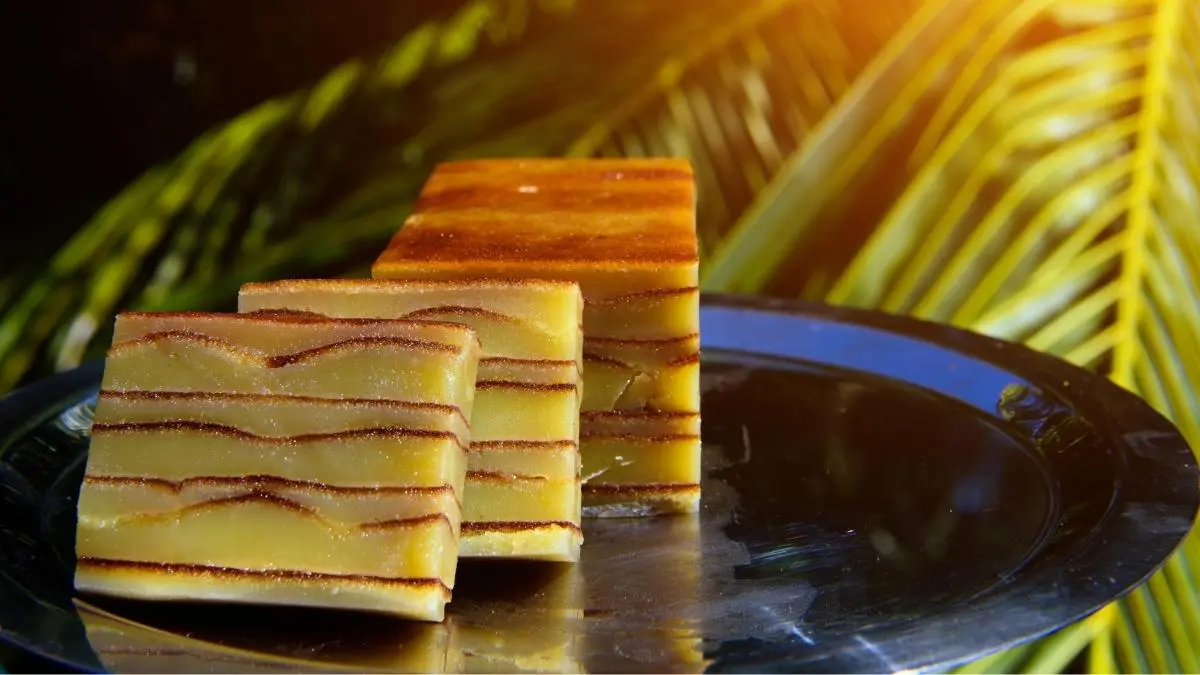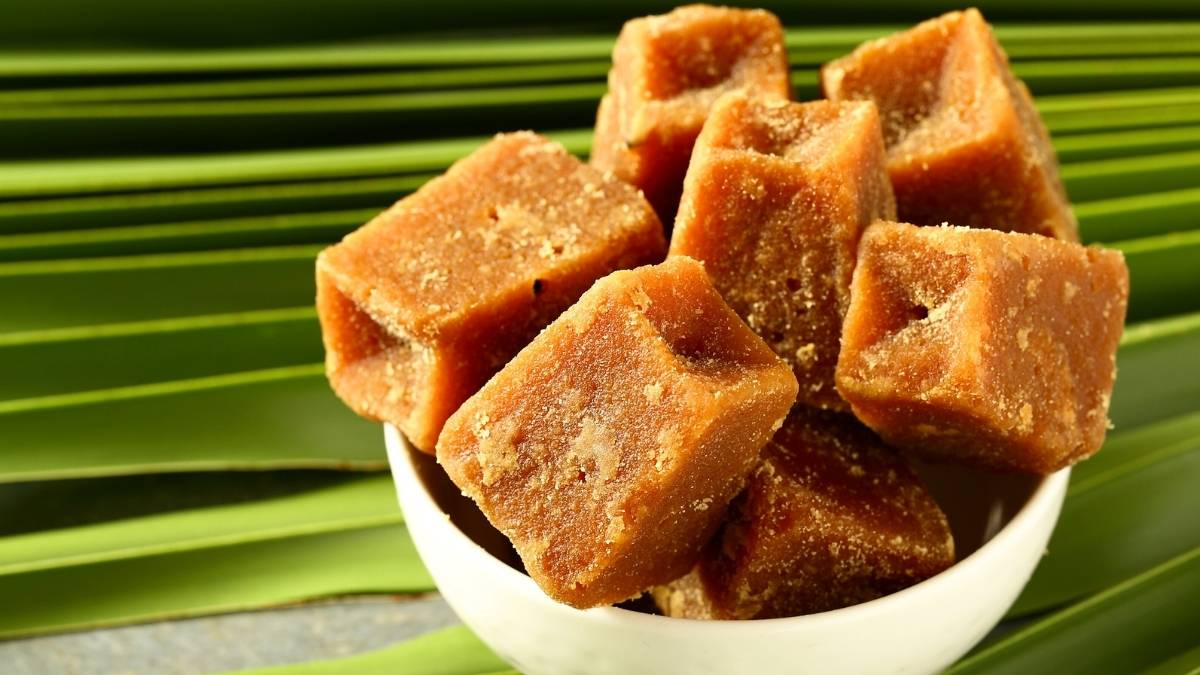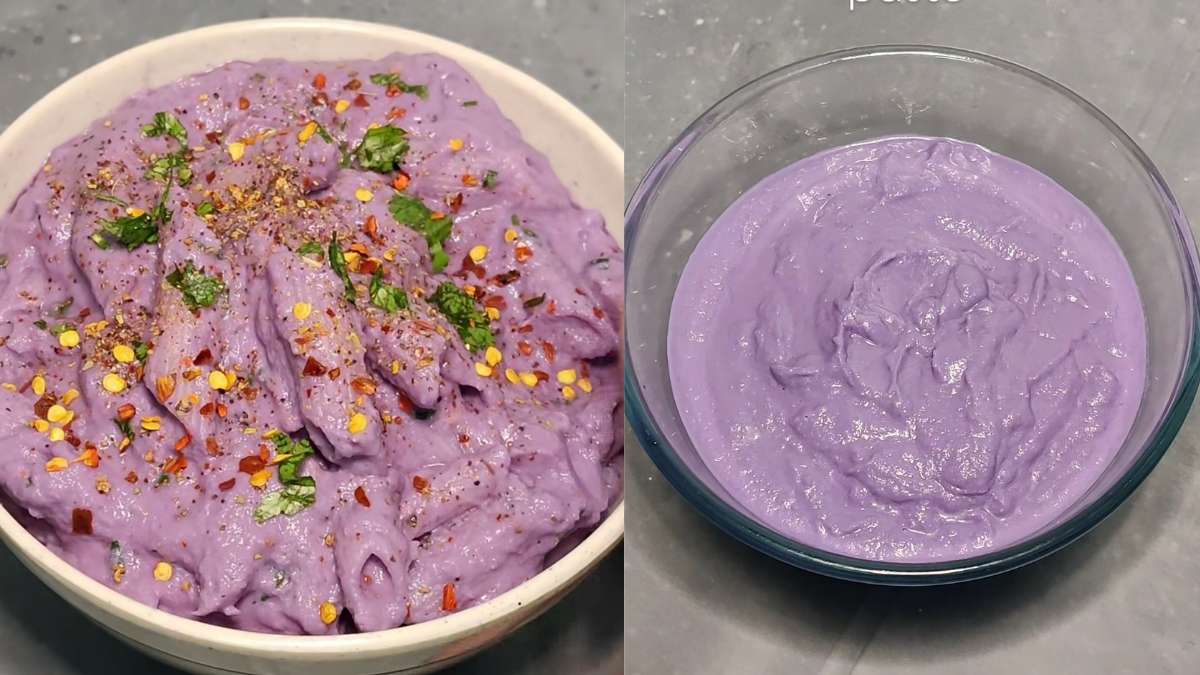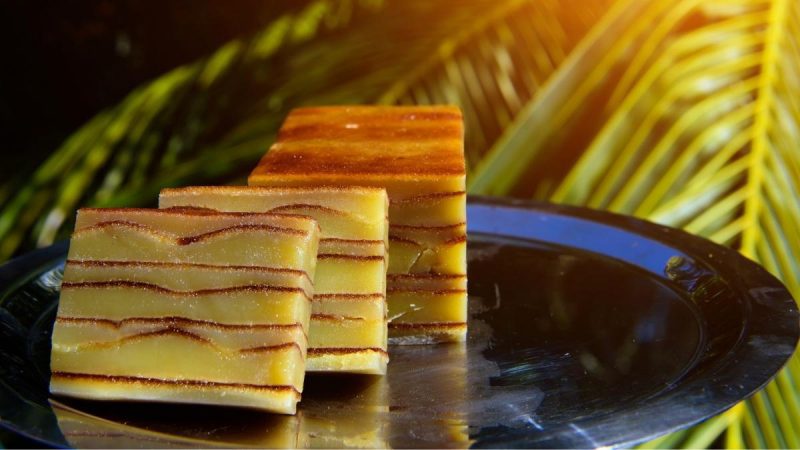India is a diverse country, and so is its culinary landscape. Every state has its own staple dishes and sweets that reflect its authenticity and originality. To protect their regional specialities, Geographical Indications (GI) tags legally preserve and safeguard a product’s origin, identity, and heritage. If a sweet, a beloved part of Indian festivals, rituals, and celebrations, has been awarded a GI-Tag, it means that the specific region will always hold the claim to its authenticity. So, we’ve curated a list of Indian sweets with GI-Tags that you must try at least once in your life.
Here Is A List Of Indian Sweets With GI-Tag That You Must Try
1. Silao Khaja
Silao Khaja got its GI-Tag in 2018, and this sweet dish is quite similar to the Turkish baklava. This sweet is from a small village, Silao, in the Nalanda district of Bihar. It is made up of Murariya wheat that is usually harvested between May and June, thereby making it a seasonal product. Around 12-16 thin dough sheets of wheat are layered one over the other with ghee. They are fried until golden brown and then dipped in sugar syrup. The perfect balance of crispiness and sweetness will leave your taste buds craving more.
2. Bardhman Mihidana
In 2017, Bardhman Mihidana was added to the GI list of sweets. It hails from Burdwan, West Bengal, and is also known as the ‘cousin of boondi.’ Its texture and appearance are quite similar to boondi, with a key difference being the size of their grains (dana). Mihidana is made from Gobindobhog, Kaminibhog, gram flour, basmati rice and a pinch of saffron to give it a golden colour. The mixture is deep-fried in ghee and then soaked in sugar syrup to add sweetness.
3. Dharwad Peda
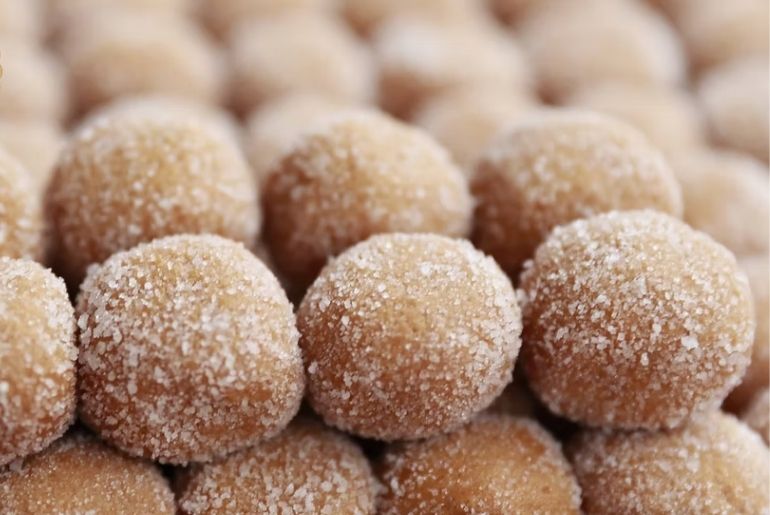
Dharwad Peda is another Indian sweet with a GI-Tag that you must try at least once in your life. Originating from Karnataka, the recipe for these pedas has been passed down through generations of the Thakur family. They migrated from Uttar Pradesh to Dharwad, and it is believed that in the 19th century, Ram Ratan Singh Thakur utilised milk from the Dharwadi buffaloes to give the sweet its authentic milky taste. The grainy texture and the caramelised flavour of the pedas instantly melt in your mouth. With the GI-Tag, this sweet has preserved its cultural heritage, and that legacy is reflected in every bite.
Also Read: From Dates Barfi To Nuts Laddu, 8 Healthier Diwali Mithai Options
4. Bebinca
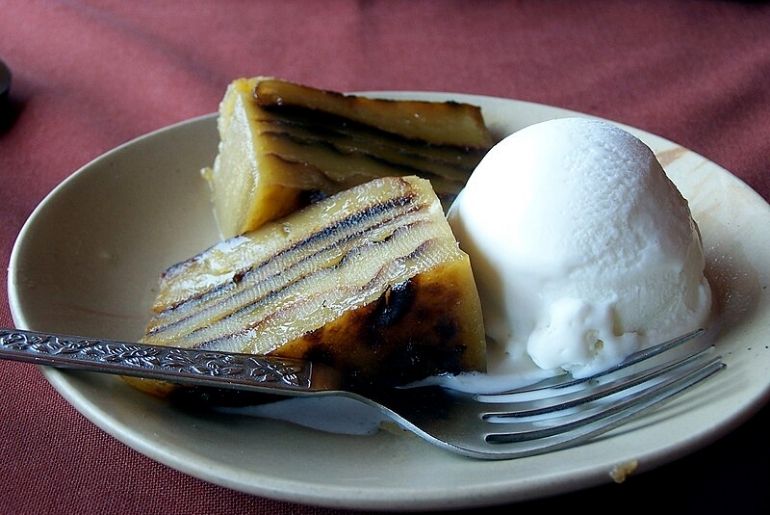
Known as ’Queen of Goan Desserts,’ this sweet dish originating from Goa received its GI-Tag in 2023. Bebinca is a wholesome sweet made layer by layer. With coconut milk, sugar, nutmeg, eggs, and more, it has a unique appearance and texture. Making this dish is an art for bakers, as they carefully craft each layer to showcase Goan culinary craftsmanship. A staple during the Goan festivities, especially Christmas, this GI-Tagged Indian sweet is something that every dessert lover should try.
5. Kovilpatti Kadalai Mittai
This Tamil Nadu delicacy received its GI-Tag in the year 2020. This treat is made from peanuts and jaggery, and is sold in the form of rectangular chunks. The distinctive taste comes from the groundnuts, which are grown in the native black soil. The nuts are added to the hot jaggery syrup, and when it takes a solid form, the slabs of this sweet are garnished with grated coconut. This wholesome, sweet dish is something you must try once in your life.
Also Read: 5 Best Barfis In Mumbai You Simply Can’t Miss
6. Rosogolla/Rasagolla
This famous Indian sweet dish is loved by many, and the GI-Tag for it has been awarded to two states: Bengal and Odisha. Both states’ Rasogollas are different from each other. Speaking about the Odia version, it got its GI-Tag in 2019. The unique chhena and sugar caramelisation process used in this region makes them softer and less chewy. Bengal’s Rosogollas received their GI tag in 2017. Known for their light weight, airy texture, and juicy sugar syrup, each bite is a sweet delight. Regardless of the dispute over the GI-Tags between the two states, this Indian sweet is a must-try for those with a sweet tooth.
7. Tirupathi Laddoo
This sweet is more than just a regular dessert. It is a sacred offering at the Venkateshwara temple in Tirumala. The temple’s skilled workers, known as the ‘potu workers’, follow a specific process and prepare lakhs of laddus to offer to thousands of devotees each day. Made with pure cow’s ghee, this sweet contains ingredients like gram flour, sugar, and cardamom that add to its unique taste. Seek the blessings of Lord Balaji and try this devotional offering at least once in your life.
8. Jyonagar Moa
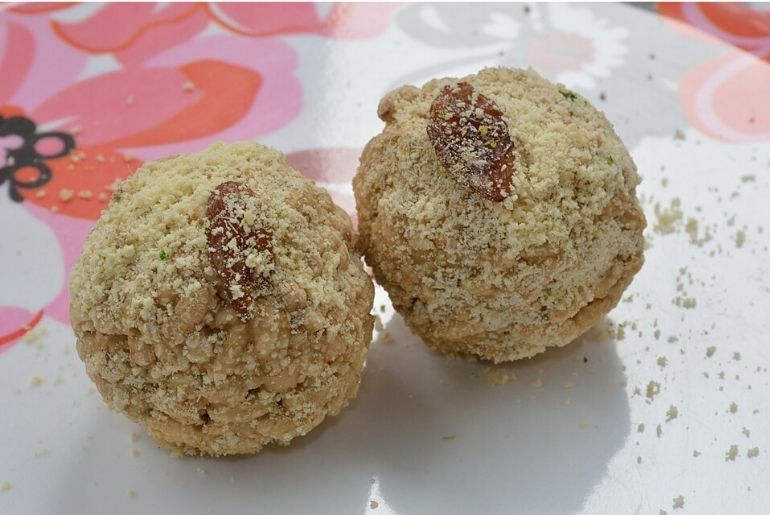
This Indian sweet from West Bengal earned its GI-Tag in 2015. This delicacy is made from puffed rice, palm jaggery (Nolen Gur), kanachur khoi and ghee (clarified butter). Nolen Gur is available only during the last months of the season, making it a seasonal sweet dish that is prepared only in winter. The caramel-like sweetness of the gur and these small round balls offer a wholesome, delicious experience, with every spoonful reflecting its rich cultural roots.
9. Chak Hao Kheer
Hailing from Manipur, Chak Hao Kheer got the prestigious GI-Tag in the year 2014. Chak Hao is the black rice used to make this sweet rice pudding. This rice offers a nutty flavour, and when cooked, the kheer turns into a beautiful deep purple shade. Garnished with roasted nuts and raisins, this creamy kheer is irresistibly delicious and will leave you craving more. Additionally, this Indian sweet is healthy, as it contains vitamins and antioxidants, making it a must-try.
10. Srivilliputtar Palkova
This sweet used to be served as prasadam in 1921 when the Rajputs set up stalls outside the temples. Hailing from Tamil Nadu, this Indian sweet got its GI-Tag in the year 2019. Srivilliputtur Co-operative Milk Producers’ Society began making this sweet in 1945. The key ingredient is their milk, which they sourced from their surplus cows. Made by boiling and reducing milk with sugar, this yellow-brown semi-solid sweet has a smooth texture and is wrapped in butter paper. It is a must-try sweet for every dessert lover out there.
These GI-tagged Indian sweets are not just delicious treats but also rich representations of regional heritage and tradition. Make sure to try these Indian sweets once in your life.
Cover Image Courtesy: Canva Pro/Aleksandr Schastnyi
For more such snackable content, interesting discoveries and the latest updates on food, travel and experiences in your city, download the Curly Tales App. Download HERE. First Published: June 26, 2025 11:22 PM
